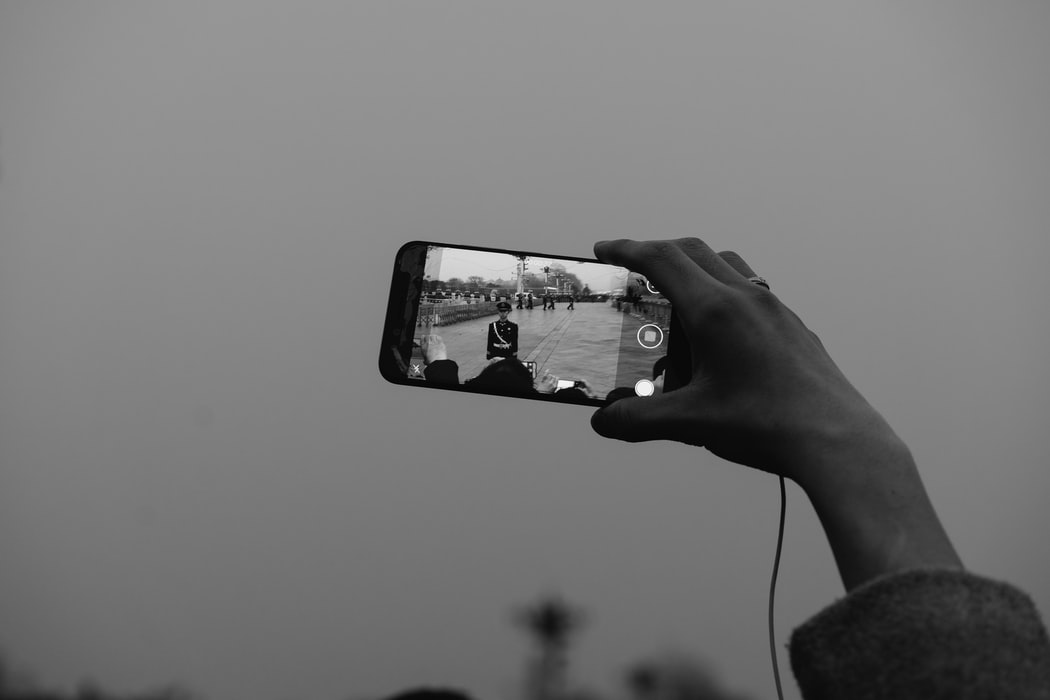
That the Chinese ‘superapp’ WeChat is subject to political control by the Chinese Communist Party is no secret; many studies have tracked its powerful censorship regime over time and documented the content that is
routinely taken down from the app.
In recent months, debate over the potential risk that WeChat poses to national security has again flared up in Western countries. In the US, that culminated in an unprecedented move by the Department of Commerce, which last week announced
a ban on the app. However, over the weekend, just hours before it was to take effect, a US district court temporarily
blocked the order as contrary to citizens’ right to free speech under the First Amendment.
The future of the app in the US and the rest of the world is still unclear, and several issues surrounding it remain unsolved, including China’s strict censorship regime.
In response to the US ban, the Chinese version of WeChat, called Weixin,
censored the department’s statement for its users in the People’s Republic of China. The link still works for WeChat users residing overseas.
There’s strong
evidence that users of the app outside of the PRC are subject to less strict rules than their mainland counterparts, and that therefore two different censorship systems apply to WeChat and Weixin. But it’s also becoming more and more apparent that not only censorship, but also surveillance and political interference are rampant on the international version of the app.
Earlier this month, WeChat and Chinese social media platform Weibo censored a post by the US embassy in Beijing that criticised Chinese state media and the Chinese state’s propaganda system.
On 9 September, the official CCP newspaper, the
People’s Daily,
refused to publish an opinion piece by US Ambassador to China Terry Branstad about the deteriorating relationship between the two countries.
In
the article, the ambassador lamented an imbalance in US–China relations, noting that the standards set by the CCP impede equal exchanges between Chinese and American businesses, as well as undermine diplomatic relations and information flows.
The paper’s refusal to carry the piece caused tit-for-tat attacks between Chinese and US officials over press freedom and freedom of speech.
On the same day, the US embassy published an article on its website titled ‘
The hypocritical propaganda system of the People’s Republic of China’. The post was later shared on the embassy’s official Weibo and WeChat accounts. Both posts were quickly taken down by the two platforms. The WeChat post was read over 100,000 times before being removed.
This, however, is only the latest case of the censorship of foreign diplomatic statements on WeChat.
In our recent
report,
TikTok and WeChat: Curating and controlling global information flows, I, together with other researchers at ASPI’s International Cyber Policy Centre, outlined several other, more subtle cases of information suppression on the app.
As we explain in our report, ‘In the same way that Chinese government departments, spokespeople, embassies and diplomats use Twitter and Facebook to promote messaging overseas, diplomatic missions in China use platforms like WeChat to promote messaging and publish official government statements.’ However, the latter are not free to promote debates or publish any form of criticism that the CCP deems unacceptable.
We found 11 posts by the US embassy in Beijing that were censored between April and August, as diplomatic clashes between China and several Western nations intensified. The articles all touched on topics sensitive to the CCP, such as China’s repression of ethnic minorities, the Hong Kong national security law, and China’s mishandling of the coronavirus pandemic. In contrast, we found no instances of censorship from June 2019 to April 2020.
The posts were subjected to different layers of censorship. Most of the summaries of the articles remained available on WeChat, but the links redirecting to the original articles were broken. In some cases the sharing function was disabled.
The US embassy is by far the most active among foreign diplomatic missions on WeChat and also the most regularly censored. However, the British and Indian embassies in Beijing also received the same treatment earlier this year.
In June, two posts related to the UK’s involvement in the Hong Kong issue
were censored on WeChat. One was taken down and the other had its sharing function disabled. The two articles aimed to address accusations by the Chinese government about the UK’s stance on Hong Kong’s independence.
Similarly, as reported by Indian media, a post containing Prime Minister Narendra Modi’s speech on the India–China border standoff in the Ladakh region that the Indian embassy
published on its official WeChat and Weibo accounts was removed from both platforms.
While in our report we look at TikTok and WeChat as two arms of the same system, it’s important to note that the power an app like WeChat has in shaping and controlling information flows both within and outside the PRC, especially in Chinese diaspora communities, is unparalleled and will continue to increase as the technology behind it continues to develop.
In the light of this, we recommend that governments better regulate the content moderation environment in their jurisdictions and require that all social media platforms diligently disclose all the content they censor, penalising those that undertake content moderation covertly.
 Print This Post
Print This Post